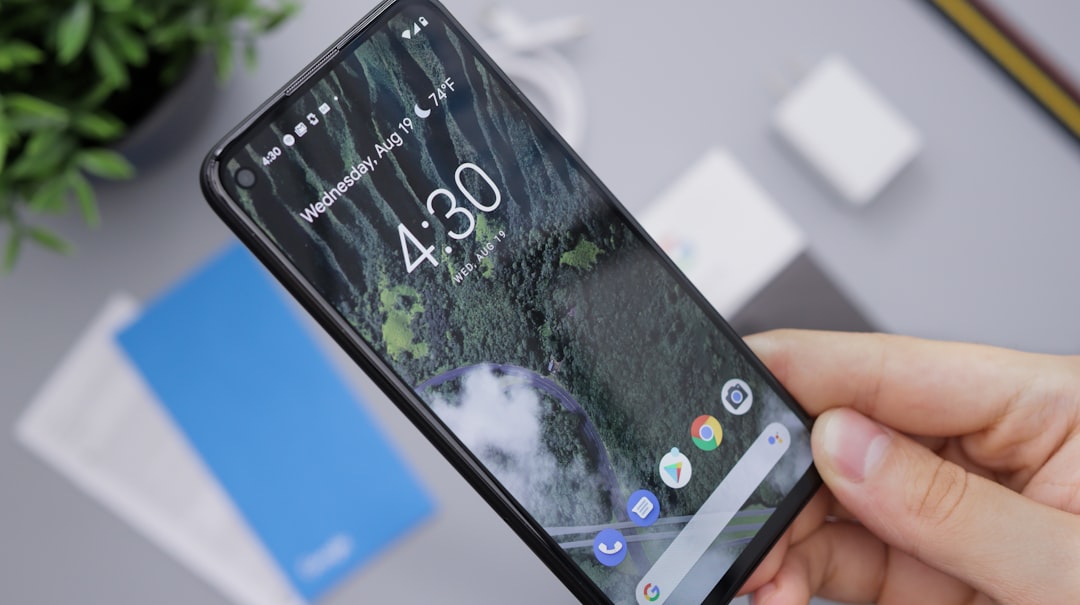In Washington state, addressing legal issues doesn't always require calling a lawyer immediately. Strategies like utilizing self-help resources and community legal services can resolve minor concerns efficiently. The Do Not Call (DNC) list is a powerful tool, blocking unwanted telemarketing calls with strict regulations in place. A Do Not Call Attorney Washington ensures business compliance, avoiding penalties for violations like unsolicited calls. Businesses must follow laws like the TCPA, obtain explicit consent, maintain current DNC lists, and offer opt-out options to protect consumers and avoid legal consequences.
In Washington State, telemarketing laws protect both residential and mobile phone numbers, ensuring consumers’ privacy and peace of mind. This comprehensive guide delves into the intricacies of these regulations, with a focus on the Do Not Call List—a powerful tool for residents to curb unwanted sales calls. We explore legal implications for violations, offering insights for businesses aiming to comply. Learn about effective practices tailored for Washington state, including key considerations from a Do Not Call Attorney to mitigate risks and ensure responsible telemarketing.
Understanding Telemarketing Regulations in Washington State

The Do Not Call List: How It Protects Residential and Mobile Users

The Do Not Call List (DNC) is a powerful tool designed to protect residential and mobile phone users from unwanted telemarketing calls. Enrolled numbers are automatically added to this list, blocking incoming calls from pre-approved marketing companies. This means that if you’ve registered your number with the DNC, you can expect a significant reduction in sales and promotional calls.
In Washington, as in many other states, there’s strict enforcement of telemarketing regulations, including the Do Not Call List. A Do Not Call Attorney in Washington plays a crucial role in ensuring compliance with these laws, helping businesses avoid penalties and offering guidance to consumers on their rights and how to register their numbers effectively. By maintaining an up-to-date DNC list, residents can enjoy peace of mind knowing they won’t be disturbed by unsolicited calls.
Legal Implications for Violations of Telemarketing Laws

Violations of telemarketing laws can have significant legal implications, especially for businesses and organizations engaging in unsolicited calls to residential and mobile phone numbers. In the United States, for instance, many states have implemented Do Not Call (DNC) lists to protect consumers from unwanted telemarketing calls. A Do Not Call Attorney in Washington, or any other state, can guide individuals and companies on how to comply with these laws.
If a company ignores these regulations and continues to make unsolicited calls, it may face substantial fines, legal actions, and damage to its reputation. Consumers who receive unwanted calls have the right to file complaints with relevant authorities, leading to investigations that could result in severe penalties for the violators. Therefore, businesses must ensure they obtain proper consent before initiating telemarketing efforts to avoid these legal pitfalls.
What Businesses Need to Know Before Making Sales Calls

Before making sales calls, businesses must be aware of the legal implications and regulations surrounding telemarketing practices. The Telephone Consumer Protection Act (TCPA) in the United States is a key piece of legislation that governs telemarketing activities, including sales calls to both residential and mobile phone numbers. One important point to note is that businesses should obtain explicit consent from consumers before placing any outbound calls, avoiding any potential violations.
Additionally, companies should be mindful of state-specific regulations, such as the rules enforced by the Do Not Call Attorney in Washington, which provides consumers with additional protections. Compliance with these laws is crucial to avoid legal repercussions and fines. Businesses should implement robust practices to ensure they honor consumer preferences, maintain accurate do-not-call lists, and provide clear opt-out mechanisms during calls to remain within the boundaries of telemarketing regulations.
Effective Practices for Compliance with Telemarketing Rules in WA

In Washington State, adhering to telemarketing rules is paramount to avoid legal repercussions. One effective practice for compliance is to obtain explicit consent from callers before initiating any marketing efforts. This involves verifying that individuals have given their permission, preferably in writing, and ensuring they understand the nature of the call and its potential outcomes.
Another crucial step is to honor the “Do Not Call” requests. Washington residents can register their numbers with the Do Not Call Attorney, which automatically blocks unsolicited calls. Businesses must implement robust systems to identify and respect these requests, maintaining comprehensive records of consent and opt-out statuses. Regular training for staff on these regulations is essential to maintain compliance and foster trust with consumers.






